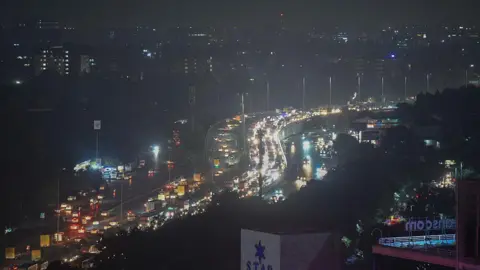Widespread unrest in India has emerged following a recent terrorist attack that claimed the lives of 26 individuals, nearly all Hindu tourists, in Kashmir. This tragic incident has sparked a surge of fear among the Muslim population as authorities have initiated mass detentions and property demolitions that appear to target the country’s largest religious minority. Activists warn that right-wing Hindu nationalists are taking advantage of the violent event to advance their agenda of oppression.
In the aftermath of the April 22 attack near Pahalgam, Indian officials, asserting that Pakistan was complicit in the violence, have rallied public sentiment against Muslims. Prime Minister Narendra Modi has vowed to retaliate against terrorists and indicated potential military action against Pakistan. Concurrently, officials in Modi’s Bharatiya Janata Party-ruled states have intensified efforts to crack down on what they term “illegal migrants,” a label often aimed at Muslims including those from Bangladesh and the persecuted Rohingya community from Myanmar.
This rhetoric has exacerbated fears among Muslims, who feel increasingly marginalized and targeted. Since the attack, hundreds have been arrested under the pretense of protecting national security, and many houses have been demolished, further unsettling the already vulnerable communities. While the central government remains focused on punitive measures against Pakistan, Muslim individuals in India are grappling with an intensifying campaign that threatens their safety and security amid a climate of rising tensions and hostility.


















